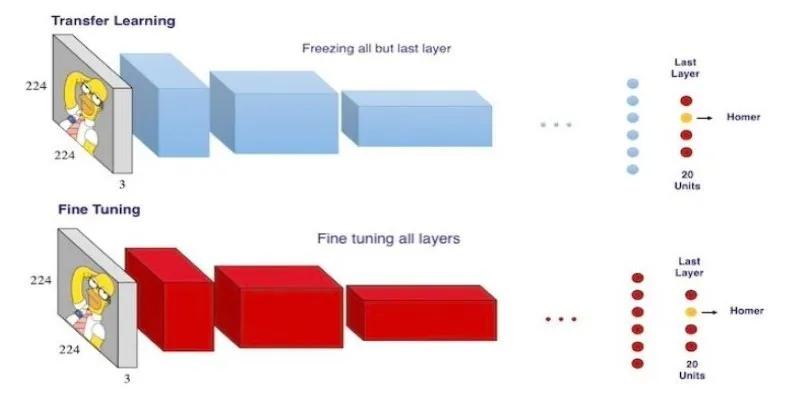The artificial intelligence platform, DeepSeek, experienced a significant disruption this week due to a confirmed cyberattack. The incident targeted its systems late Sunday night, prompting the company to pause new user registrations and tighten access to its tools while engineers work to contain the damage.
DeepSeek, renowned for its generative AI models and research offerings, acknowledged the breach in a statement on Monday morning. They assured users that a forensic investigation is underway. This attack underscores how even highly technical companies with advanced defenses can become targets for increasingly sophisticated cybercriminals.
How Did the Attack Unfold?
Sources familiar with the matter reported that the cyberattack struck DeepSeek’s servers in the early hours, triggering alarms of unauthorized access attempts. Investigators believe the attackers exploited a vulnerability in one of DeepSeek’s third-party components, rather than breaching its core AI infrastructure directly.
This allowed the intruders to move laterally within the network, disrupting critical services. While no evidence has surfaced of stolen customer data, engineers discovered several compromised nodes and suspicious scripts in production environments. To prevent further damage, DeepSeek froze new account registrations and locked down certain parts of its application.
This isn’t the first time an AI-focused company faced such an incident, but the speed and precision of this attack surprised many in the industry. Cybersecurity analysts noted that the method used suggests a coordinated and well-funded group rather than an amateur effort. DeepSeek’s response team moved quickly to isolate affected systems and begin restoring them from backups while working with outside experts to trace the breach’s source.
Impact on Users and Operations
The most visible consequence of the cyberattack has been the suspension of new user signups. Prospective users visiting the platform see a notice explaining that registrations are temporarily unavailable while security measures are reviewed. Existing users still have access to most services, though some reported intermittent slowdowns or limited functionality as engineers continue patching systems.

Several academic institutions and developers relying on DeepSeek for research and prototype work expressed concern about possible interruptions. While no mass outages have been reported, the company admitted that some scheduled updates and feature rollouts have been delayed. Users questioned whether their data might have been exposed. DeepSeek clarified that, based on initial findings, there is no indication of sensitive user data exfiltration. However, as a precaution, the company encouraged users to update passwords and remain alert to unusual account activity.
The breach’s timing was unfortunate for DeepSeek, which was preparing to announce new tools next month. These plans may now be postponed as the team prioritizes securing infrastructure and completing a full audit. The incident likely prompts a broader discussion within the AI community about protecting platforms integral to critical research and business processes.
Why Are AI Platforms Attractive Targets?
The DeepSeek breach reminds us why AI platforms are appealing targets for attackers. These platforms often process large volumes of valuable data and intellectual property, making them lucrative compromises. Many also integrate with third-party services and cloud-based systems, increasing potential attack vectors. With businesses, researchers, and governments increasingly relying on AI, malicious actors have opportunities not just to steal data but to disrupt operations and erode trust in these technologies.
Some security experts argue that AI companies focus too much on developing new features and models at the expense of building resilient defenses. They point out that the same innovation driving AI breakthroughs can also create vulnerabilities if not properly secured. In DeepSeek’s case, the company has not disclosed whether the exploited weakness was known or a previously unknown flaw. Regardless, the incident underscores the importance of regular security audits, rigorous testing, and rapid incident response capabilities.
What’s Next for DeepSeek and the Future of AI Security?
DeepSeek has promised a full public report once the investigation is complete, which should provide more clarity on how the attackers breached their systems and what steps have been taken to prevent a repeat. In the meantime, the company is working to restore confidence among its users and ensure operations return to normal as soon as possible. While new registrations remain paused, DeepSeek’s core services are running, and the company emphasizes transparency throughout the process, reassuring users about ongoing monitoring and stronger safeguards.

For the wider AI community, this event is a wake-up call to strengthen defenses and recognize that no platform is immune to attack. As more organizations build operations around AI tools, the stakes will only grow higher. Developers and users alike may need to pay closer attention to the security measures of the services they depend on, evaluating risks and advocating for robust protocols that minimize vulnerabilities in interconnected digital ecosystems.
Conclusion
The incident disrupted DeepSeek’s operations and sparked a wider discussion about balancing innovation and security in a rapidly advancing field. As engineers repair systems and rebuild trust, many hope the lessons learned will lead to stronger, more resilient AI platforms. DeepSeek’s experience shows how quickly circumstances can shift, even for companies built on advanced technology. Users, partners, and competitors are watching closely to see how it recovers and what safeguards follow. Though disruptive, the breach offers an opportunity for DeepSeek and others to reevaluate and strengthen how AI platforms address security risks in today’s highly connected digital environment.
 zfn9
zfn9






















